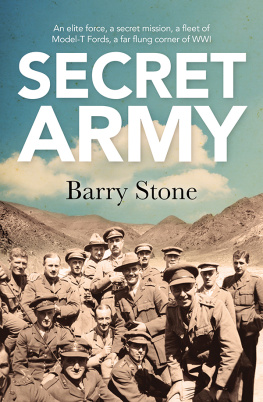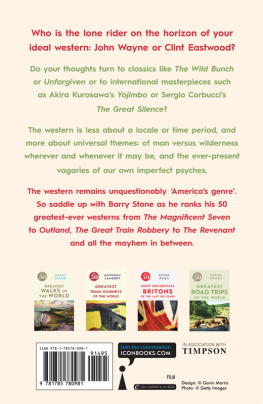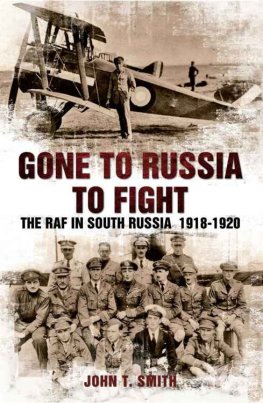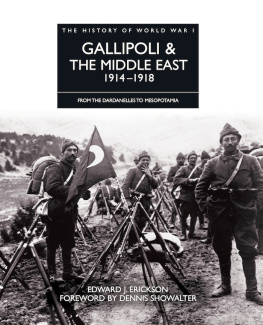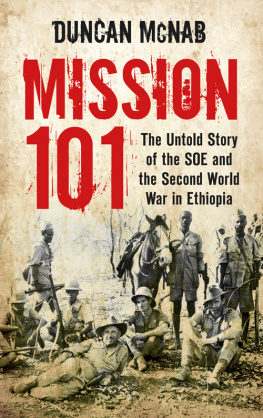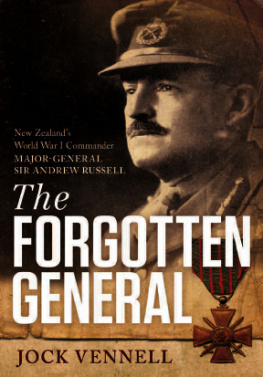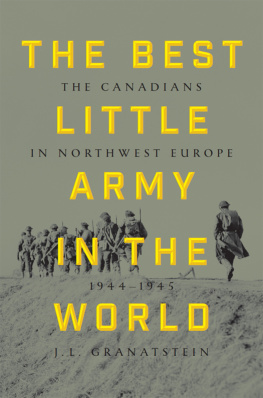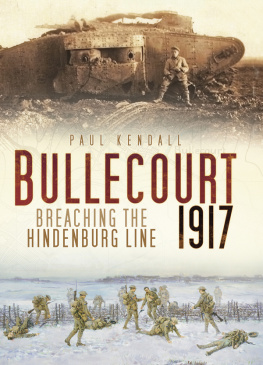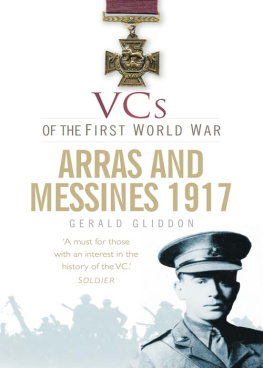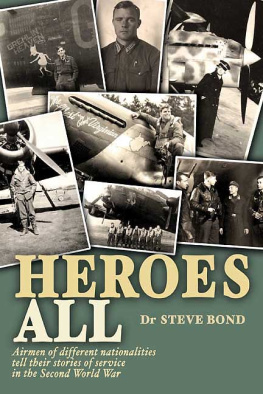
First published in 2017
Copyright Barry Stone 2017
All rights reserved. No part of this book may be reproduced or transmitted in any form or by any means, electronic or mechanical, including photocopying, recording or by any information storage and retrieval system, without prior permission in writing from the publisher. The Australian Copyright Act 1968 (the Act) allows a maximum of one chapter or 10 per cent of this book, whichever is the greater, to be photocopied by any educational institution for its educational purposes provided that the educational institution (or body that administers it) has given a remuneration notice to the Copyright Agency (Australia) under the Act.
Allen & Unwin
83 Alexander Street
Crows Nest NSW 2065
Australia
Phone: (61 2) 8425 0100
Email:
Web: www.allenandunwin.com
Cataloguing-in-Publication details are available
from the National Library of Australia
www.trove.nla.gov.au
ISBN 978 1 76029 068 9
eISBN 978 1 76063 925 9
Internal design by Romina Panetta
Map by MAPgraphics
Set by Midland Typesetters, Australia
Cover design: Romina Panetta
CONTENTS


War, war, waris this awful conflict never going to cease? What tract of country will ever be payment for our lives? Is all war like this? Sickness, hunger, death. If one does not get you, then the others will. I am more sad today than Ive been since I joinedmy brain seems incapable of grasping the relative importance of keeping myself alive. I think Ive got a touch of malaria again
CORPORAL ARTHUR JAMES FOSTER,
signaller, 1/4th Hampshire Regiment, Mesopotamia,
March 1917
ON A BLEAK AND WINTRY AFTERNOON IN LATE 1917, a small group of men were gathering at the Tower of London, that ancient castle and prison on the North Bank of the River Thames. Plucked from combat units across the length and breadth of Europes pockmarked battlefields, they had been selected for a mission so secret there were not even the usual hints, rumours and whispers as to where they might be sent, or who theyd be fighting. In time they would be transformed into a new kind of army, a well-provisioned, mobile, heavily armed force, the nucleus of a still-distant approach to warfare decades before phrases like special forces and unconventional warfare began creeping into the military lexicon; long before the formation of Germanys elite Brandenburg Regiment, or the British Commandos, or countless other specialised units around the world that one day would take the notion of who dares wins from unknown to de rigueur.
Its not a clich to say these men were the best of the best. And its unlikely that a more impressive concentration of hardened, fearless, decorated, cocky fighting men were present in one room anywhere else in Europe than in London on that grey afternoon. With one or two colourful exceptions they were all volunteers, a hand-picked ensemble of British, Australian, Canadian, South African and New Zealand commissioned and non-commissioned officers. All had a minimum of one year front-line service and almost all were veterans of Gallipoli and the Western Front, cobbled together to be thrown into an ethnic powder keg in a region most would have had trouble that night even finding on a map. In a few months, despite being hopelessly outnumbered, they would be matching wits with German spies and assassins and outmanoeuvring a wearied but determined Turkish army. They would be dining with sheikhs, outraging local mullahs and rescuing American missionaries. They would be dodging bullets from marauding Kurdish tribesmen, fighting shoulder-to-shoulder alongside Russian Cossacks, negotiating political and strategic agreements with Soviet Bolsheviks and Communist subcommittees, helping Armenians flee a Turkish genocide and, the most unexpected yet heroic act of all, helping thousands of starving Persians to stay alive in the midst of a horrific, deadly famine. Theirs is a tale of adventure that exceeds the exploits of T.E. Lawrence (of Arabia) himself.
Their mates, those they left behind on the front-lines, began referring to them as phantoms due to the speed and efficiency with which theyd been taken, and because after their selection they largely failed to stay in touch. All that was known was that they had gone east in the pursuit of some unknown enterprise. The volunteers themselves, however, soon had their own phrase, though history doesnt tell us who was the first to coin it. They called themselves the Hush-Hush Army.

It began simply enough. A small force would be sent to the Georgian capital of Tiflis in the Caucasus to organise a pro-British resistance to the growing Turkish and German presence. It was the best that could be hoped for. Not having the number of troops necessary to confront the threat, all the War Office in London could hope to do was organise local opposition and stoke its fires as best they could. At least, thats how it began, but over time the mission evolved. Additional troops and materials would be sent and objectives would change, growing ever larger and more ambitious, eventually morphing into a mission as audacious as anything conceived over the course of the Great War. Complex in its execution and unpredictable in its outcomes, it took place in the ethnically and politically charged cauldron of a region as alien as any ever confronted by Dominion forces.
From the British perspective, there was much that could be lost if Persia fell. The Ottoman war minister, Enver Pasha, so heroic a figure to Turks after the 1913 Ottoman coup dtat that Turkey was sometimes referred to in Europe as Enverland, felt that if Russian access to the Caspian Sea could be denied, and British influence in certain Persian cities severed, the way would then be open to Central Asia and, beyond that, to British interests in India.
In response to continuing Turkish interest and declining Russian ambitions, a bold plan was conceived by the British War Cabinet to send to the Caucasus a small, elite, highly skilled and mobile volunteer force that would cross into the Caucasus from Persia and take up their command in Tiflis (present-day Tbilisi). There they would begin the heavy diplomacy of aiding and establishing regional governments and committees that would be sympathetic to British interests, and to begin training local Georgian and Armenian Christians as well as any disaffected Russian troops to create an effective fighting force that would act as a bulwark to further enemy expansion. It was assumed that British troops would not be required; a forced decision, perhaps, as the nearest troops available were part of the Mesopotamian Expeditionary Force (MEF) and its commander, General William Marshall, had made plain to London that he had no men to spare.
Just how these objectives would be achieved was fuzzy at best. The force would enter Persia from Mesopotamia and head north into the Caucasus where they would join forces with the regions Cossacks, an ethnic subgroup whose lands were being divided up by Moscow and whose soldiers felt little allegiance to the new Bolshevik clique. Together with the independence-minded Armenians, this force would secure the Trans-Caucasian railroad, which ran from the Caspian to the Black seas, and prevent Turkish encroachment towards the oilfields around the Caspian port city of Baku. Baku, many thought, was key. Should it fall into Turkish hands, nothing could prevent them from loading troops onto transport ships and sailing across the Caspian Sea to Krasnovodsk (present-day Trkmenbasy in Turkmenistan) on the opposite shoreline and down through Afghanistan, thus opening up Central Asia and providing the Turks with largely unfettered access to British-controlled India.
Next page
